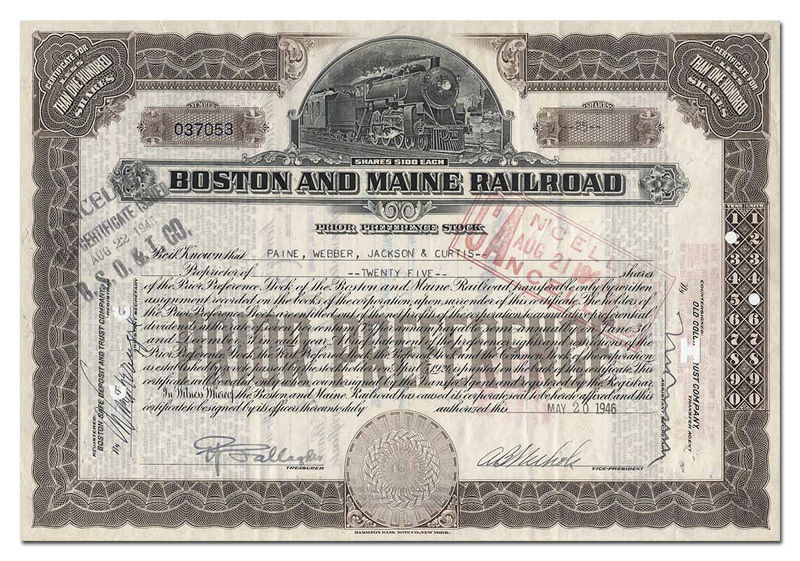Why doesn’t the MBTA run the commuter rail? It can run subways, trolleys and buses. Wouldn’t it be easier without Keolis or MBCR?
Comments are closed.

Why doesn’t the MBTA run the commuter rail? It can run subways, trolleys and buses. Wouldn’t it be easier without Keolis or MBCR?
Comments are closed.
It’s an interesting question. We will pick up some of the history of how that decision was made and what the considerations were.
The short answer to the question is that the MBTA does not operate the commuter rail system because it has never operated the commuter rail system.
Starting in the the mid-1800s several private companies offered passenger rail service to Boston. Over time these companies merged and consolidated operations. The tracks that they owned became ultimately the foundation of the system that we have today. Some of the private companies that served these routes prior to the creation of the MBTA were: New York, New Haven & Hartford Railroad, New York Central Railroad and Boston and Maine Railroad.
The MBTA was created in 1964 to replace the MTA and expand the service area from the original 14 to 78 cities and towns. In 1965 the MBTA signed a document reserving rights to the rail lines within the 78 communities, ultimately paving the way for the commuter rail system that we know today.
The Boston and Main Railroad began receiving a subsidy for operation of commuter rail in 1965. Over time the MBTA acquired tracks and rolling stock from the railroads, while contracting with rail companies to operate the system. Boston and Maine, Conrail and Amtrak operated all or portions of the system.
Amtrak, which operated the system from 1987-2003 did not submit a bid to continue operations in 2003. A newly formed company, the Massachusetts Bay Commuter Railroad Company won the contract and operated from 2003-2014. Keolis outbid MBCR for the 12-year contract, with a bid of $4.26 billion. MBCR’s bid was $4.51 billion, $254 million more over the life of the contract. Additionally the new contract includes more stringent performance criteria and fewer acceptable excuses for service delays. It also increases penalties for failing to meet performance standards.
Andrew Bettinelli
Legislative Aide
Office of State Senator William N. Brownsberger
So the T doesn’t operate the commuter trains now because they never did (thanks for the history lesson about that). Given the problems with contracting it out, has anyone looked into having the T do it directly? Or would everyone just complain that government can’t do anything that big?
thanks
Not that the government can’t do big things, but I think that the MBTA management has its hands full right now. My sense is don’t have the bandwidth to even consider taking over Keolis at least in the next few years.